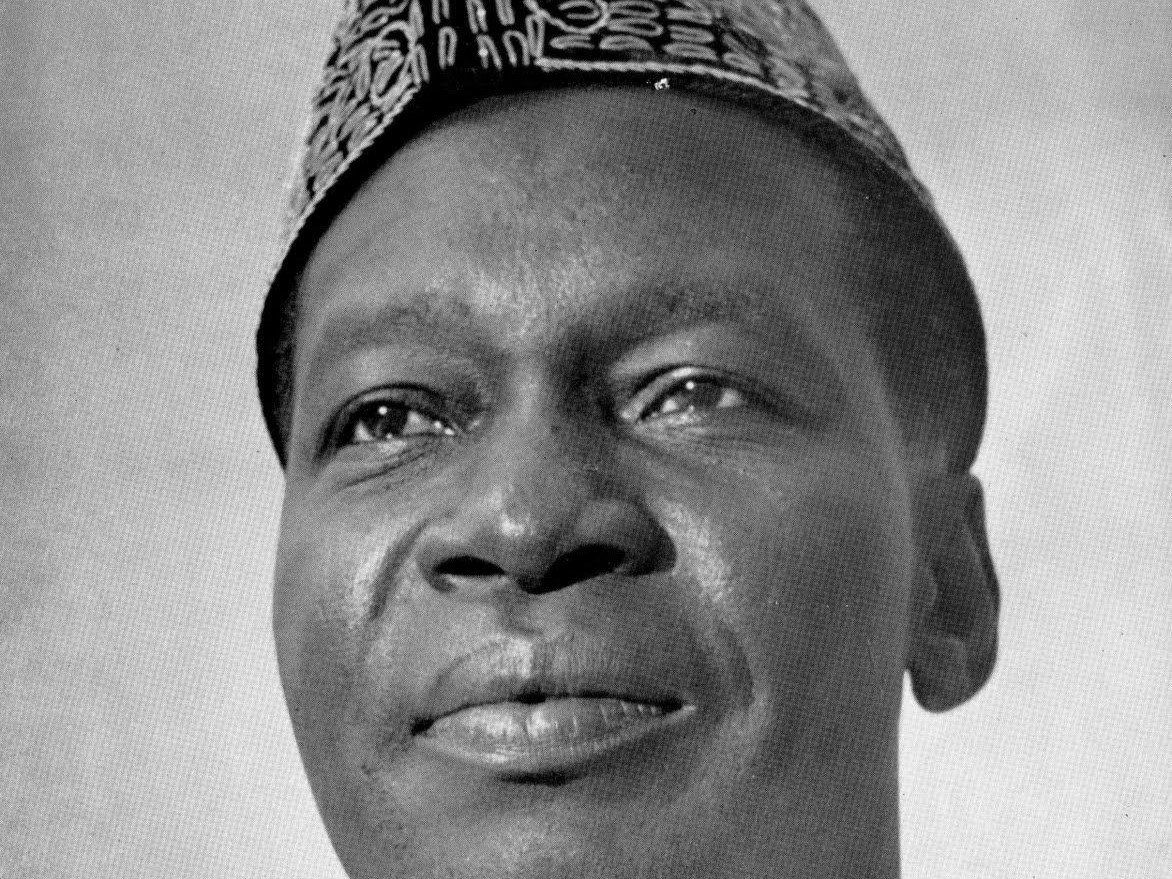The independence leader of the country famous for its Amazons: Who is Suru Migan Apithy?
The Dahomey Amazons, who resisted French colonialists in the 19th century and claimed domination of West Africa, were an all-female army. Apithy brought "independence" to the land of the Amazons.

A politician from Dahomey. He played a role in the independence of his country and became the head of state. He was born in Porto-Novo. After studying at local schools, he went to France and studied political science at the Ecole Libre des Sciences Politiques and the Ecole National d'Organisation Economique et Social.
Sourou-Migan Marcellin Joseph Apithy (April 8, 1913 – December 3, 1989) was a Beninese political figure most active when his country was known as Dahomey. He arose on a political scene where one's power was dictated by what region in Dahomey one lived in.
He joined the French Constituent Assembly in 1946 as the representative of Dahomey. In the same year, he was elected vice president at the founding meeting of the African Democratic Union in Mali. But he left the union two years later. Between 1946-1958, he represented Dahomey in the Union Française Assembly, which was attended by the representatives of the dependent countries of France. He was also a member of the Great Council of French West Africa between 1947-1957. In 1953, he participated as a delegate to the seventh and eighth sessions of the United Nations.
He became mayor of Porto Novo in 1956. The 1957 parliamentary elections were attended by the Nationalist Party, headed by Apithy, the Dahomey Democratic Movement headed by Maga, and the Dahomey Democratic Union headed by Ahomadegbe. These parties, whose programs were similar to each other, were separated from each other due to regional and ethnic differences, but they adopted a common view on independence. The Nationalist Party won thirty-five of the sixty seats in the legislature, and Apithy became vice-president of the Dahomey General Council.
Although the other parties received more votes in the Regional Assembly elections in 1959, the Nationalist Party's gaining the highest number of parliamentary seats led to violent protests. Apithy had to accept the head of government from Maga, President of the Dahomey Democratic Union and became vice-president. But in the same year, he had to leave the government after Maga and Ahomadegbe formed a coalition.
Dahomey gained its independence in 1960. Maga's party won a majority in the elections held at the end of 1960 after the first coalition government formed with the participation of all parties broke up shortly after. Maga became head of state and prime minister, while Apithy became deputy prime minister. He also assumed the ministry of Planning and Development. Economic development and planning efforts between 1961 and 1963 did not succeed. Contrary to expectations, the effect of foreign capital increased, and inflation and unemployment reached great proportions.
In 1963, Colonel Soglo staged a military coup and formed an interim government with the heads of the three parties. Before the 1964 elections, some of the political leaders in the interim government formed the Dahomey Democratic Party. In the elections held after the constitution was adopted in 1964, Apithy became the head of state and Ahomadegbe became the prime minister. Due to the inability to find a solution to economic problems and political differences, Soglo staged a second coup in 1965. Apithy left the country and remained in exile in France until 1970. Soglo's military rule was overthrown by Lieutenant Colonel Alley in 1967, and power fell into the hands of junior officers. In 1970, presidential elections were announced. A presidential council was formed when it became clear that there would be no result in the elections in which Apithy, Maga, and Ahomadegbe were candidates. The three leaders would take part in this council and rule the country together, and they would respectively hold the presidency for two years. In 1972, the presidential council was overthrown in a new coup. Apithy did not take up any political office after that.
